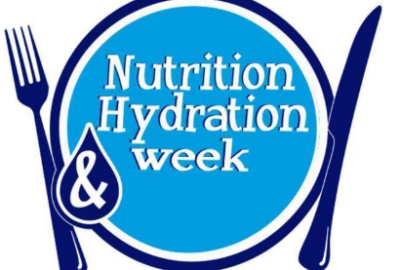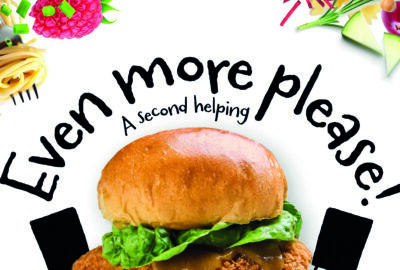Proposed reforms to improve hospital food have been branded “hopelessly weak” by a leading food writer.
Prue Leith branded the government’s latest hospital catering reforms “a missed opportunity” and has accused health secretary Jeremy Hunt of “ducking the issue”. She wrote: “Wouldn’t it have been great if Jeremy Hunt, instead of effectively ducking the issue, had announced a hospital food revolution to match the school food one of recent years, with strong standards enshrined in law, and hospitals given the means and incentives to produce good, nourishing food for patients?”
She continued: “It should be elementary that hospitals do at least aim to provide healthy, nourishing food. Sadly, despite doctors recognising the links between health and diet, most don’t manage that.
“Food for patients, arguably the people most in need of good nutrition, is of a worse nutritional standard than that permitted for schoolchildren. This means, under current rules, a sick child in hospital can be given a meal that would be banned in their school. Why is that considered acceptable?”
New legally-binding food standards issued by the Hospital Food Standards Panel, which came into force last month, include:
• Hospitals should screen patients for malnutrition and patients should have a food plan
• Hospitals must take steps to ensure patients get the help they need to eat and drink, including initiatives such as protected meal times where appropriate
• Hospital canteens must promote healthy diets for staff and visitors – the food offered will need to comply with government recommendations on salt, saturated fats and sugar
• Food must be sourced in a sustainable way so that it is healthy, good for individuals and for our food industry
Jeremy Hunt also announced hospitals will, for the first time, be ranked on the NHS Choices website for the quality of their food.
Andy Jones, Hospital Caterers Association (HCA) chair, agreed that the Lead Association for Catering in Education’s success with school meals, which Ms Leith said was an “inspiration”, provided a template for hospital food by applying the same philosophy of “eating for good health”.
He added: “We have to back the Hospital Food Plan and ensure that all trusts have their food and drink strategy in place and that the Care Quality Commission does not just ask to see it, but asks to see the evidence behind it and talks to patients and caterers.”
Prue’s solution
“Ideally, I would eliminate over-packaged, over-processed junk. Which of us wants the dispiriting experience of having to open a package to find sustenance when we’re not well? I’d have a smaller range of healthy, filling options: vegetable soup, fishcakes with chilli chutney, chicken and leek pie or vegetarian curry. You would be able to order a tempting salad or a scrambled egg on toast if you didn’t feel up to a full meal. And I’d make sure everything was cooked fresh and on the spot, possibly even on the ward to cater for patients who cannot eat at scheduled mealtimes. If anyone thinks this is unaffordable they should look at the current waste rates, which are running at 70% in some hospitals.”


